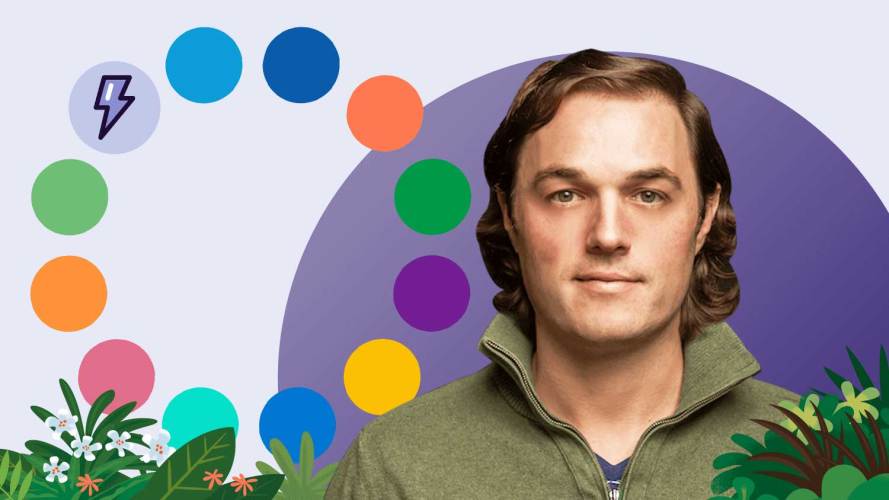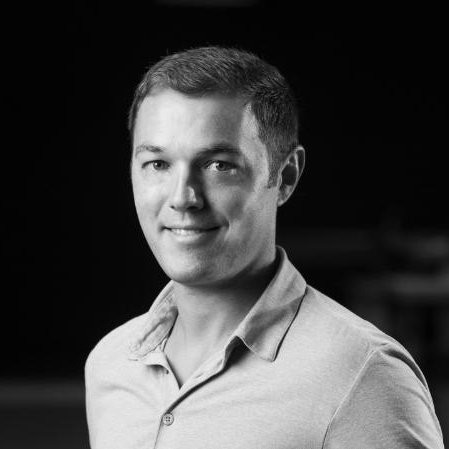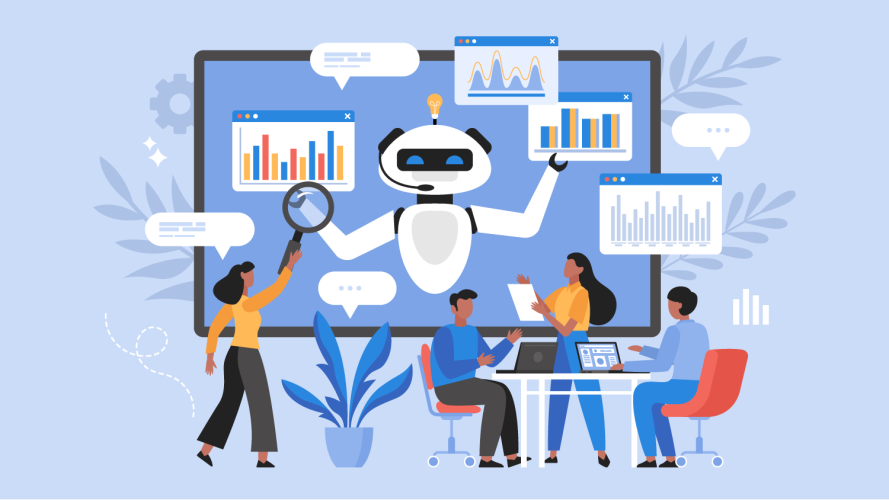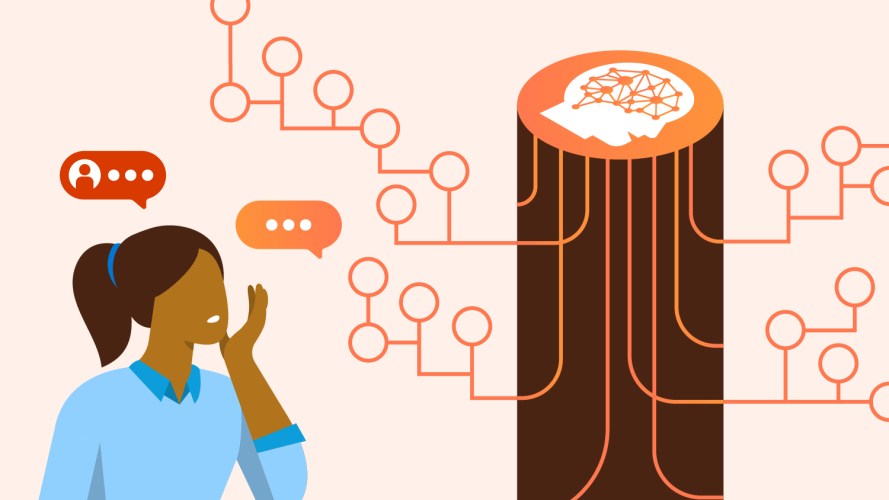How One Simple App Brings Lifesaving Care To Rural Communities Worldwide



Learn how an offline-first app reaches people without reliable internet — and what it could mean for your next innovative idea in app development.

Alex Broussard
With contributions from Kathy Coughlin and Barry Finette.
Millions of people lose their lives each year from preventable causes. THINKMD was founded by two physicians who wanted to eliminate premature death and treatable diseases in communities around the world where individuals lack access to clinicians. Our vision? Providing universal access to the way a doctor conducts high-quality, integrated, clinical assessments. Our challenge? Finding the best technology to do so.
By developing global partnerships, we found ways to serve some of the world’s most vulnerable populations. Building and delivering the technology through an app hosted on Heroku has helped us achieve greater impact at scale, allowing clinical intelligence to be used by anyone, anywhere.
Using data to serve vulnerable communities
THINKMD’s clinical intelligence platform enables frontline health workers, pharmacists, doctors, nurses, and even patients themselves to be empowered in health. We can assess a person’s potential clinical condition, identify its severity, and recommend the next steps with triage, treatment, referral, and care plans. Globally, access to a doctor or nurse can be challenging. Sometimes it is not even possible due to health provider shortages or high costs of healthcare. Our technology simulates the way a clinician conducts a complex health assessment, but in a simplified manner. This paves the way for better health decisions by universalizing access to health information. Better health decisions on an individual level mean better health decisions for communities, regions, and countries as a whole. Each produces invaluable data for organizations responsible for population health, helping them gain insight into current trends and potential disease hotspots. It can also support local organizations in refining how they deliver their own unique healthcare programs.
Why we built our app using Heroku
We knew our mobile app needed to be easy to use for skilled and unskilled healthcare professionals and designated community members alike. Customization played a critical factor in our project. We wanted to roll out the THINKMD solution to any number of regions that needed it. This meant the app had to address differences in language and geography, as well as cultural preferences, practices, and perspectives; Heroku’s platform was the perfect solution.
Growing our global influence through personalization and scale
As a small engineering team, there’s no way we could have built a new app for every region. Heroku allowed us to design an architecture that we could easily configure to our mobile app, each with a localized user interface (UI) and clinical data sets. In addition, we could also create other app variants tailored to specific types of patients or diseases.
Heroku’s simplified developer experience and built-in deployment tools enabled our lean team to build, test, and deploy these new apps quickly and seamlessly. We now run mobile apps in 13 countries across Africa, Southeast Asia, and the Middle East — with many more to come.
Maintaining those apps on Heroku is just as straightforward. Heroku takes care of the app infrastructure, such as servers and databases, which frees us to focus on delivering new app customizations and developing new features. We can also use Heroku’s app operations tools to monitor the performance of our platform at large and scale up resources when needed.
Build Your App on Heroku
Dive into your own app development project by getting started with Salesforce Heroku.



Offline apps bring lifesaving care to remote communities
During the design process, we faced a few upfront challenges. First and foremost, mobile network connectivity in remote communities can be intermittent or nonexistent. Our users might face delays sending the data they’ve collected from the mobile app to the analytics platform. Moreover, mobile data can be costly to users in low- and middle-income countries, and most of our users maintain low data plans, so the app has to keep the data transfers to a minimum. Finally, many frontline workers have basic devices with limited features, and the app needed to provide a good experience on any device.
To address these conditions, we built an offline-first, progressive web app that could function with or without a network connection. When a frontline worker conducts assessments in a remote area, the app processes and stores that data on the device itself. As soon as the worker reconnects to the network or to WiFi, the app syncs data with the THINKMD backend in the cloud. The app itself is lightweight and optimized for the most basic type of mobile phone. This means that a worker can conduct dozens of offline assessments over several weeks without an issue.
Juggling the key factors of the project — offline context, technical limitations, and user experience — was made easier by choosing to build our application on Heroku. Our developers had the flexibility to choose the programming languages and frameworks that worked best for our needs, including a data service to help us manage our unique offline-first data model. In addition, we were able to design our ideal user experience that was intuitive and effective in often challenging circumstances.
Heroku on Trailhead
See how Heroku integrates with Salesforce and learn how to build apps with clicks not code.



Built-in collaboration and data integration tools support our business goals
As a healthtech solution, quality assurance is a top priority. We apply the same rigorous development standards to our platform as the United States Food and Drug Administration demands for a medical device. Our team uses Heroku’s built-in continuous integration tools to help us ensure that every app update is thoroughly tested and integrated.
The Heroku Review Apps feature is particularly helpful — we can spin up a temporary, yet fully functional, test app that demonstrates our changes in action. It is even more helpful when we work with external partners to create each regional app. Initially, we consult with physicians who help us build the assessment tool and clinical data set. As we roll out new regional nuances, we loop in local doctors, public health agencies, humanitarian aid organizations, and others to help us localize the app. This collaborative process allows our regional apps to serve local communities in the ways they need it most.
The data is presented on a series of standardized and customized dashboards and reports, generated in Tableau. The data collected allows for detailed platform, workforce and population health monitoring, and system evaluation. We work with partners to build internal data capacity, in order to utilize data not solely for reporting to stakeholders, but to create actionable, data-driven, programmatic impact and change.
Create mobile apps for whatever life brings
Our architecture and deployment process on Heroku allows us to expand our platform to focus on different lines of healthcare, such as newborn and maternal health. When the coronavirus pandemic hit, we knew the virus would have a significant impact on under-resourced communities. As soon as we heard the news, we immediately got to work building COVID-19-specific resources.
The result was an educational, self-screening app that uses our assessment format to help mobile phone consumers identify coronavirus symptoms and better protect themselves and others. Today, our COVID-19 app has been distributed to more than 300,000 people in Indonesia, and it is available to more than a billion mobile phone subscribers throughout Africa. It is also available on our website for anyone to use.
If we’ve learned anything in the past year, it is that healthcare is a universal issue. As we expand our reach and impact to communities across the globe who struggle to access primary healthcare, we know we can rely on Salesforce Heroku. It helps us adapt and scale in order to make clinical intelligence technology accessible — so that anyone, anywhere, can make better health decisions.
Hear more from the THINKMD Team in the two-part Code[ish] podcast episodes: Saving Lives at Scale
- Part One covers THINKMD’s story and mission
- Part Two dives into development of THINKMD’s mobile app























